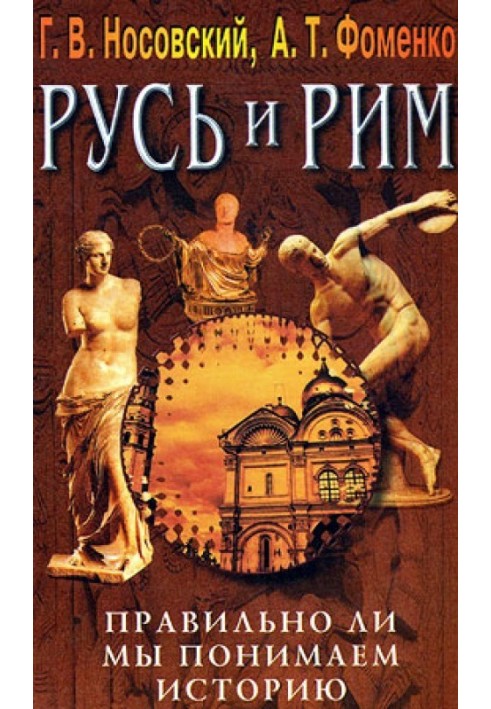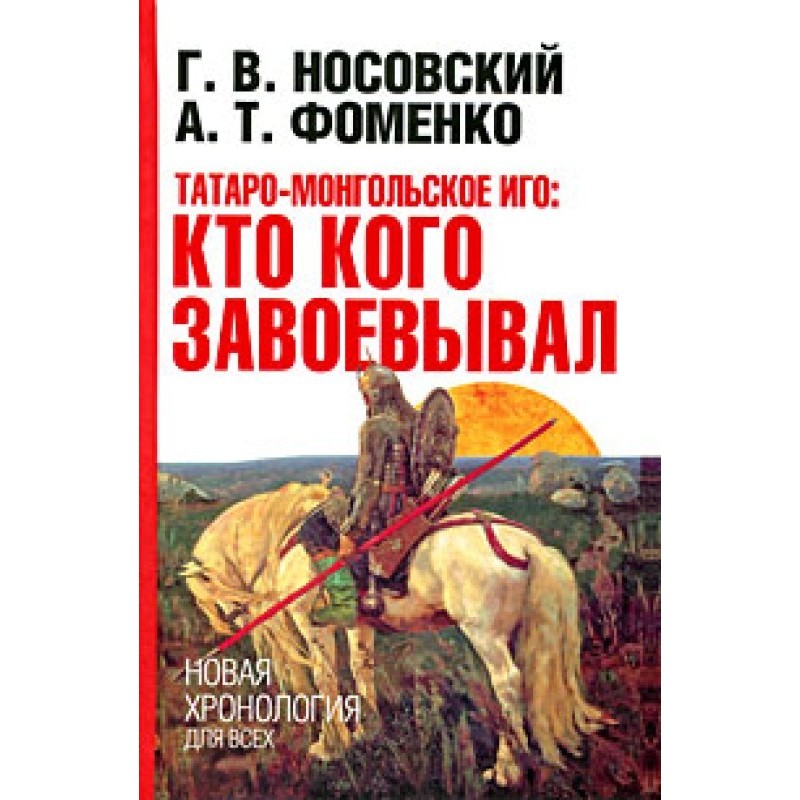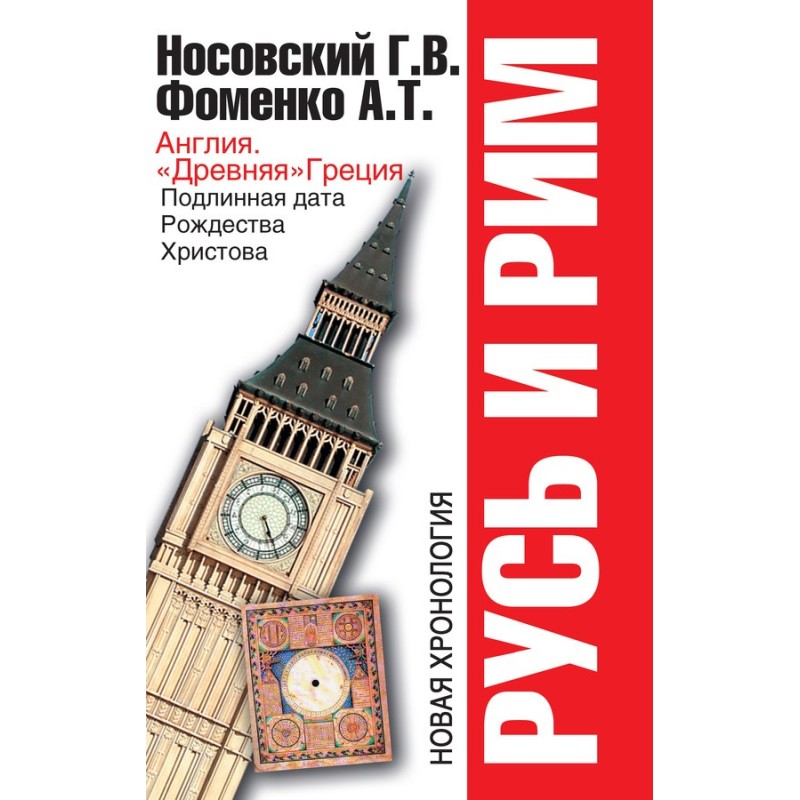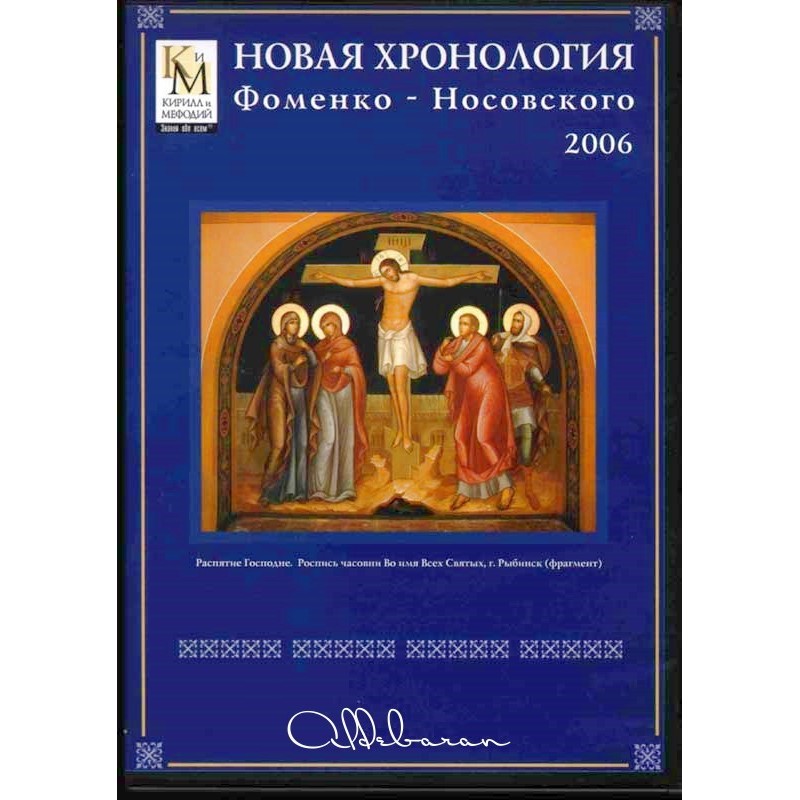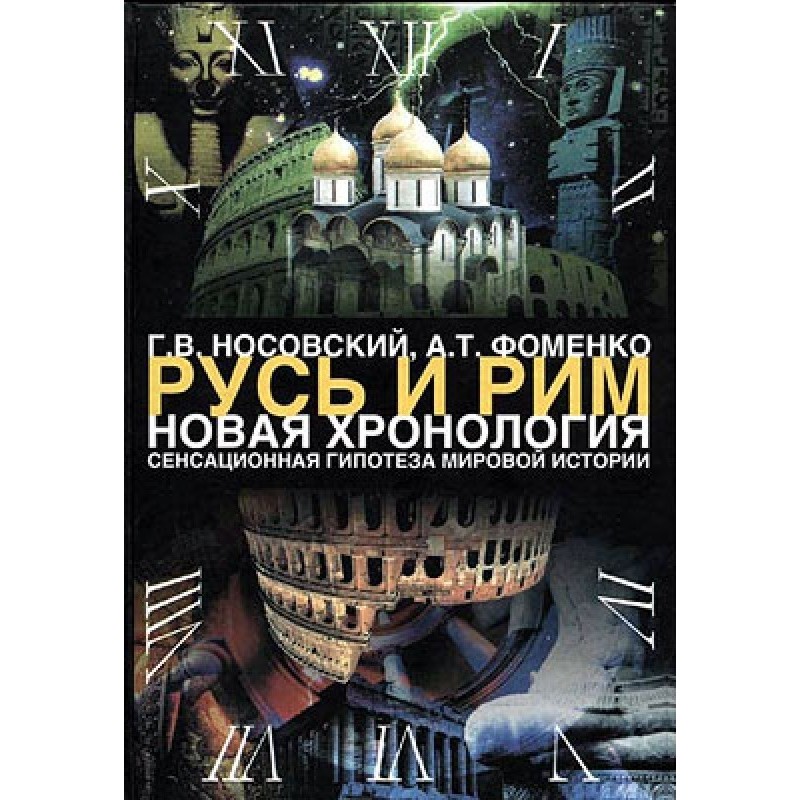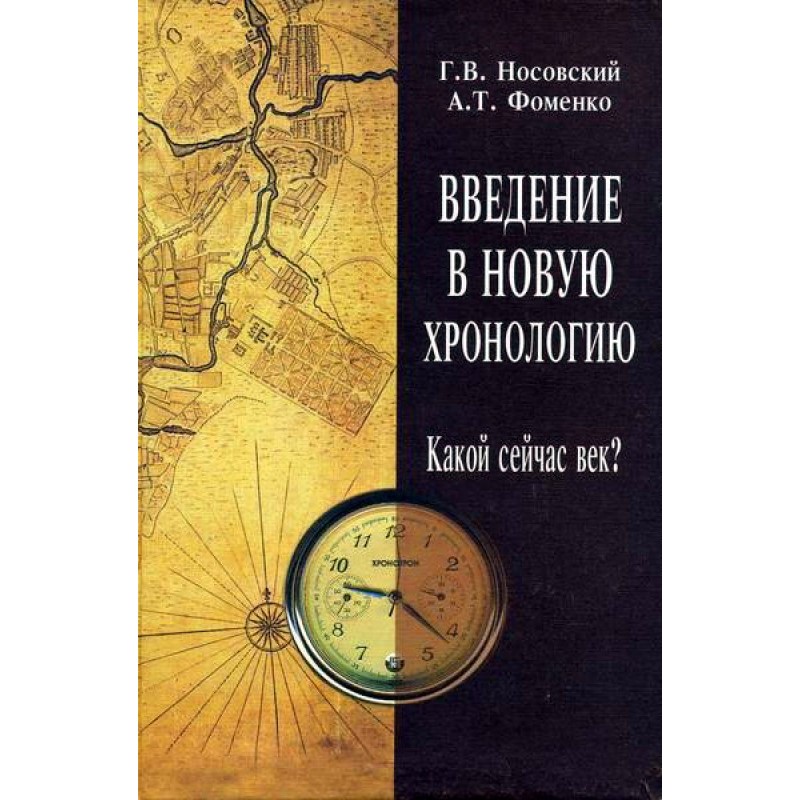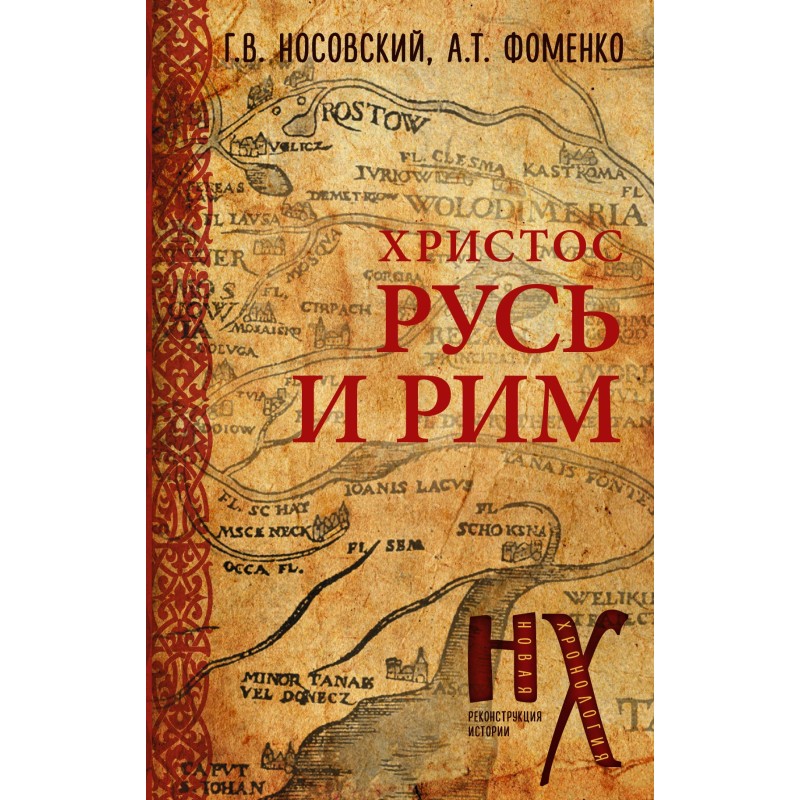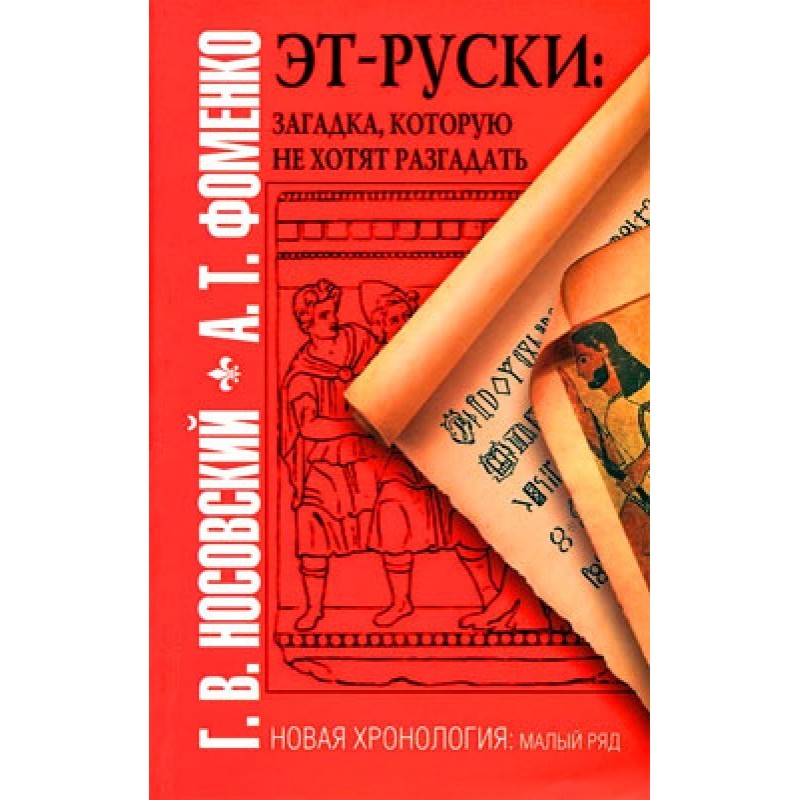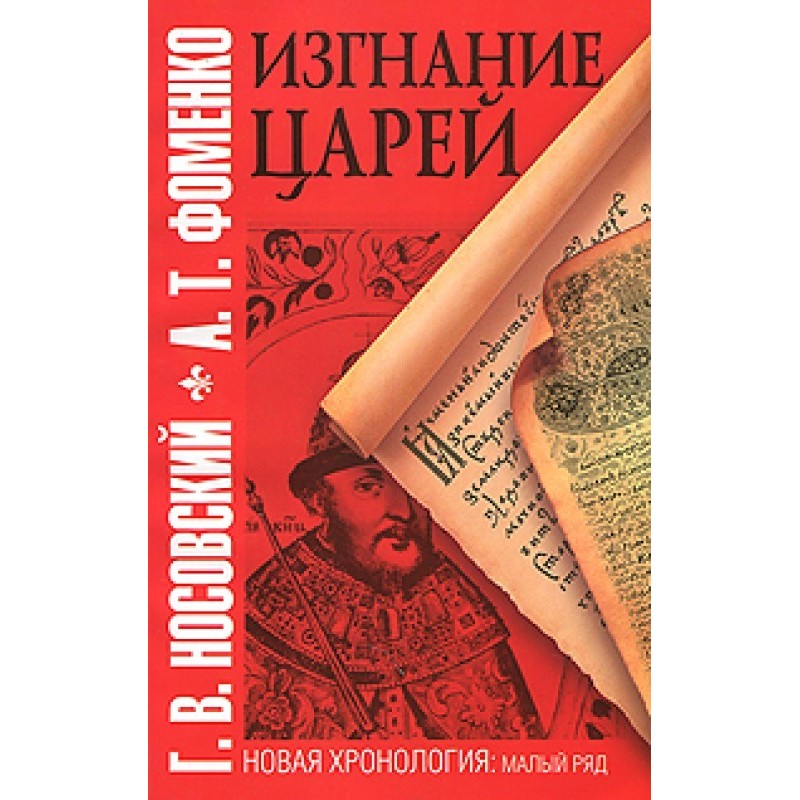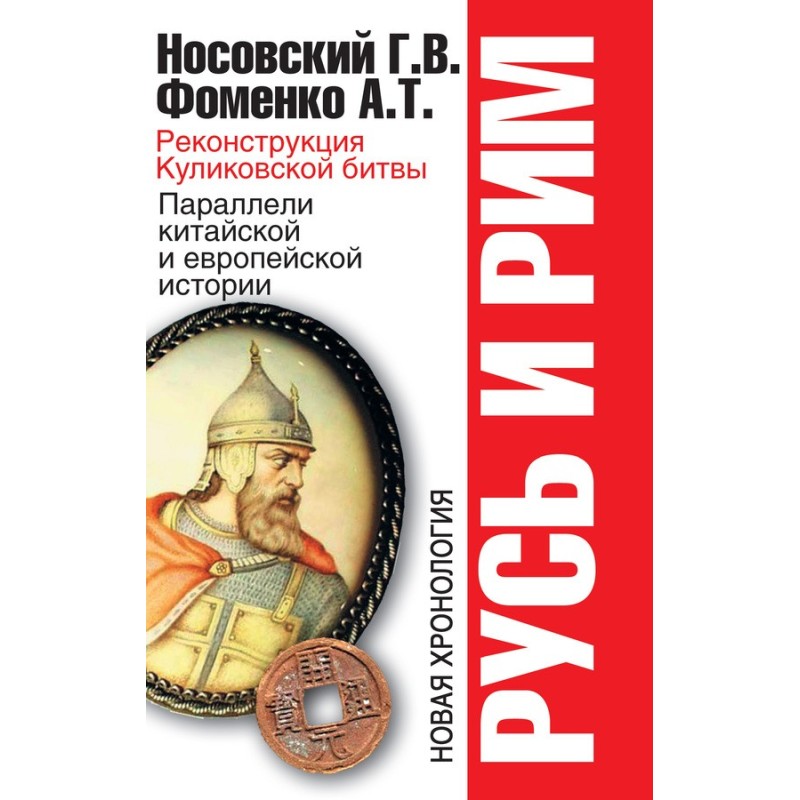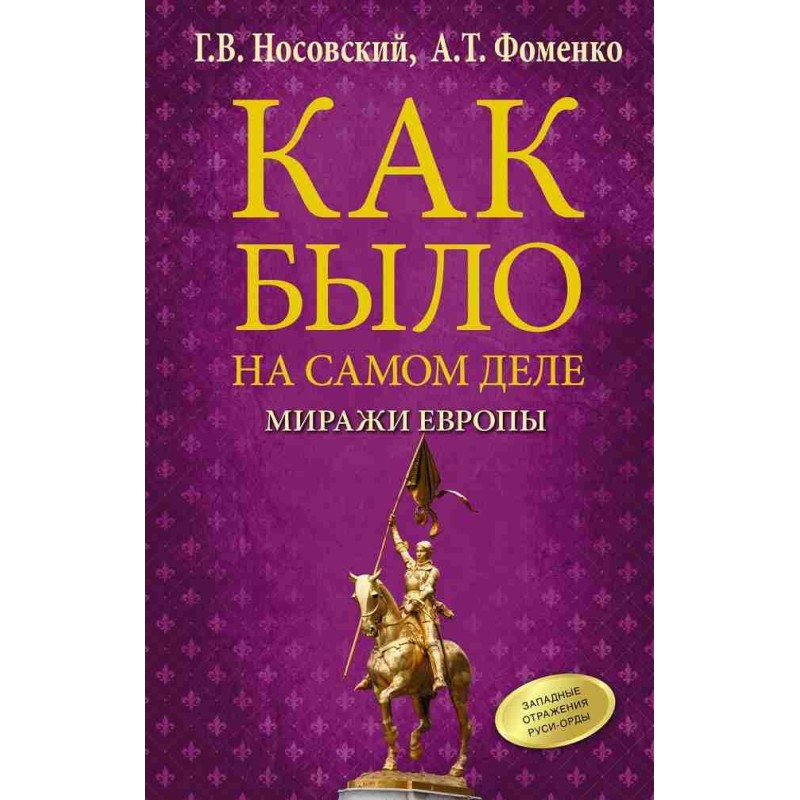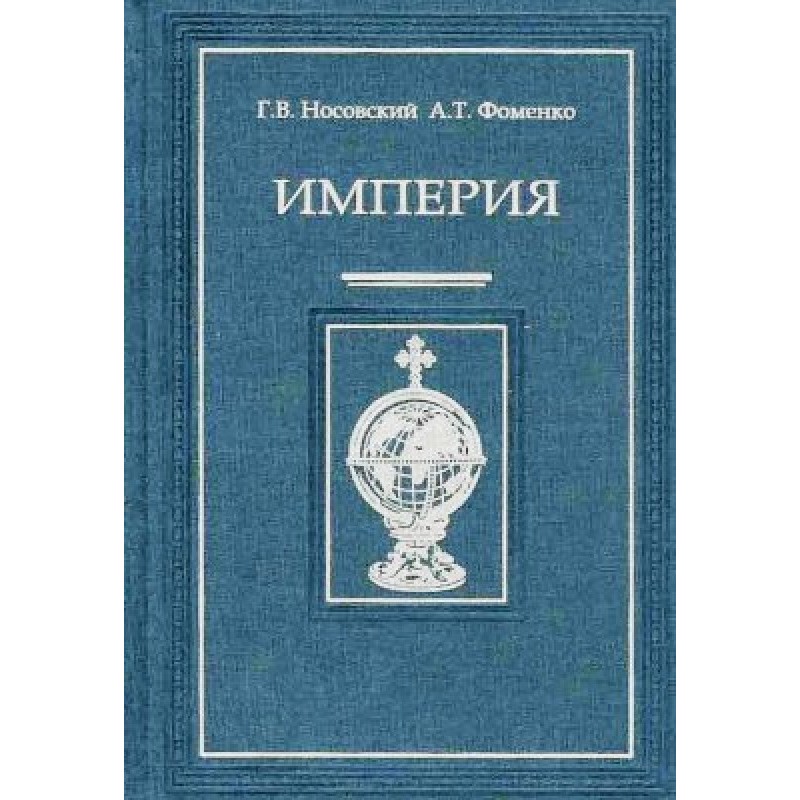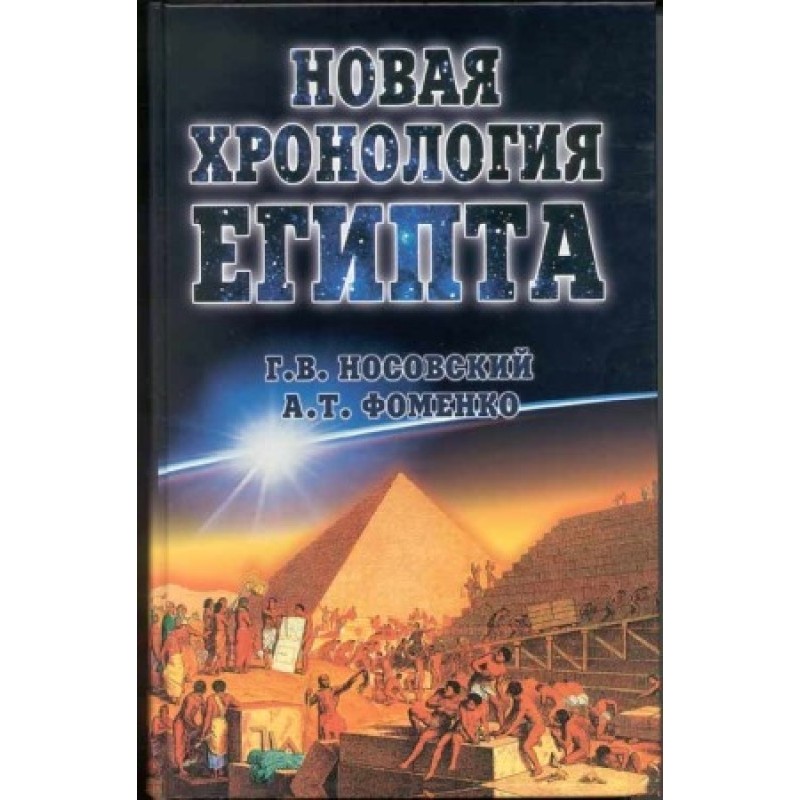Do we understand the history of Europe and Asia correctly? Book III
 Instant download
Instant download
after payment (24/7)
 Wide range of formats
Wide range of formats
(for all gadgets)
 Full book
Full book
(including for Apple and Android)
This publication is a continuation of the first two books with the same title. In them, the authors tried to find answers to two main questions. Is the traditional chronology correct? Why do the generally accepted dates of events in ancient history not coincide with those called by modern scientists? Since readers' interest in this topic does not wane, the authors decided to continue researching the problem. Readers are offered evidence that literally overturns the views of traditional historical science. The authors focus on the history of Rus', or rather, the Russian-Horde Empire. The Horde was a regular army of the Russian state! Yaroslav the Wise, Ivan Kalita and Batu Khan are one and the same person! Could this happen? Look for the answer in the proposed book. In addition, the reader will find here the solution to the mysteries of the history of ancient civilizations - Egypt and China.
Data sheet
- Name of the Author
- Анатолий Фоменко Тимофеевич
Глеб Носовский Владимирович - Language
- Ukrainian
- Release date
- 2003
Reviews
Вражаюче дослідження, яке змушує переосмислити історію!
Книга "Чи правильно ми розуміємо історію Європи та Азії? Книга ІІІ" є справжнім відкриттям для всіх, хто цікавиться історією та прагне зрозуміти, як формувалися наші уявлення про минуле. Автори сміливо ставлять під сумнів традиційні хронології та загальноприйняті дати, пропонуючи нові, часом шокуючі, теорії про ключові постаті та події, які вплинули на розвиток Русі та інших цивілізацій. Особливо вражає їхня спроба зв’язати Ярослава Мудрого, Івана Калиту та хана Батия в одну історичну особу, що відкриває нові горизонти для розуміння взаємодії між культурами. Хоча деякі моменти в перекладі можуть бути не зовсім точними, загальна якість тексту та глибина дослідження компенсують ці недоліки. Ця книга стане чудовим доповненням до бібліотеки кожного, хто прагне глибше зрозуміти історію та її складні взаємозв'язки.

